Financial
Roadmap
A clear, personalised path to your financial goals.

What would you do with a little extra space in your monthly budget? Save for the dream car, splurge on your favourite restaurant or go on frequent shopping sprees to keep your seasonal wardrobe current? That all sounds fun, but you could also make this surplus work harder for your long-term financial well-being by investing it in your mortgage or super. Which of those options is best? Well, that depends on your age, income and priorities.
At First Financial, we actively listen to your long-term objectives and integrate your personal circumstances to empower you in making informed investment decisions. While determining the optimal choice between allocating your extra funds towards mortgage or super depends on various factors, here is a scenario that illustrates the potential gains and discusses the associated risks.
Before delving into the numbers, it’s important to note that paying off your mortgage provides a risk-free return. With a known interest rate, distributing your extra funds to your mortgage ensures a guaranteed return on your investment.
Superannuation and other investments are typically regarded as riskier choices. This is because they expose you to market fluctuations, such as those in property or stock markets, where returns are unpredictable and not guaranteed.
When opting for investments like superannuation, the objective is often to attain better returns than alternatives. However, this necessitates being comfortable with potential risks and maintaining a strong tolerance for them.
Let’s say you have an annual income of $85,000, and you have $200 per month remaining in your budget to do something financially beneficial. Your mortgage is at 6% interest, and as it’s your primary residence, interest on your mortgage is not tax deductible.
To determine the savings generated by putting this $200 monthly surplus into your mortgage, we simply multiply it by the interest rate, resulting in a savings of $12 in interest per annum. Not only does the extra repayment expedite loan repayment, but it also reduces interest expenses, thereby further shortening the mortgage duration.
In this situation, we’ll assume that no other funds are being invested in alternative options until the mortgage is repaid in full. Therefore, the primary benefit here is the significant savings in interest.
Now, let’s look at the numbers for superannuation, which can be a bit complex due to tax implications. The $200 you have set aside is an after-tax amount, while the mortgage interest rate of 6% represents an after-tax return. For this example, let’s use Australian Super’s balanced fund, which has averaged an 8.6% return over the last 10 years, pre-tax. Assuming a worst-case scenario of a 15% annual tax on the super fund’s earnings, this results in a net return of 7.31%.
You can choose to salary sacrifice your $200 into superannuation, meaning your money enters your fund pre-tax. With an income of $85,000, your marginal tax rate is 32.5%, plus an additional 2% for the Medicare levy. Let’s calculate how much of that $200 is now available to put into superannuation. The calculation is as follows: your $200 divided by one minus your tax rate (marginal tax rate plus Medicare Levy).
It works out at $305 a month that you have pre-tax to invest in your super, where the contribution will be taxed within the fund at 15%, leaving you with $259. If this $259 in the super fund earns an after-tax return of 7.31%, you’ll earn $18.95 on every $259 contribution you make.
From a purely monetary standpoint, using the numbers in the above scenario, you’ll likely experience a larger return for your additional funds by investing them in superannuation and waiting out the duration of your mortgage. Eventually, you may even be able to utilise a lump sum from your super to pay off the mortgage, among other financial strategies.
However, the superannuation strategy carries more risk. Returns from super are not guaranteed, unlike paying off your mortgage, which offers a risk-free return. Sometimes, the option with the highest potential returns may not be the right one for your personal or family situation.
The other major consideration is money contributed to super often isn’t accessible until you turn 60. On the other had additional loan repayments are often accessible via the redraw function on our mortgage. So you need to consider how likely you may be to need that money in an emergency.
Risk tolerance varies among individuals when it comes to investing. Some people are naturally more comfortable with riskier situations, while others prefer safer, more conservative approaches. Understanding your risk tolerance is crucial for making informed investment decisions that align with your financial goals.
If you have surplus funds each month to invest in your long-term financial security, there are various options available. We’re here to assist you in navigating these choices, ensuring you make the best decisions for your financial future.
At First Financial, our experienced financial advisers can help. They will listen to understand your goals and objectives and then make appropriate recommendations. Our goal is to help you retire life ready.
Contact us to get started on the pathway to wealth today.
Read more superannuation articles.
Every client journey begins with a conversation. We look closely at where you are now, what matters to you, and what’s possible. Then we structure our advice to match.
A clear, personalised path to your financial goals.
Proactive strategies to maximise your tax savings.
Tailored plans aligned with your goals and risk profile.
Regular guidance to keep your plan on track.
Retired and semi-retired
Referred by friends who were helped through aged care, Craig sought secure financial guidance after inheriting funds.
“We feel very secure with First Financial, the income just comes in, and we know everything is being looked after. It’s not just safe, it’s smart. We’ve recommended them to others because we genuinely believe in the team.”
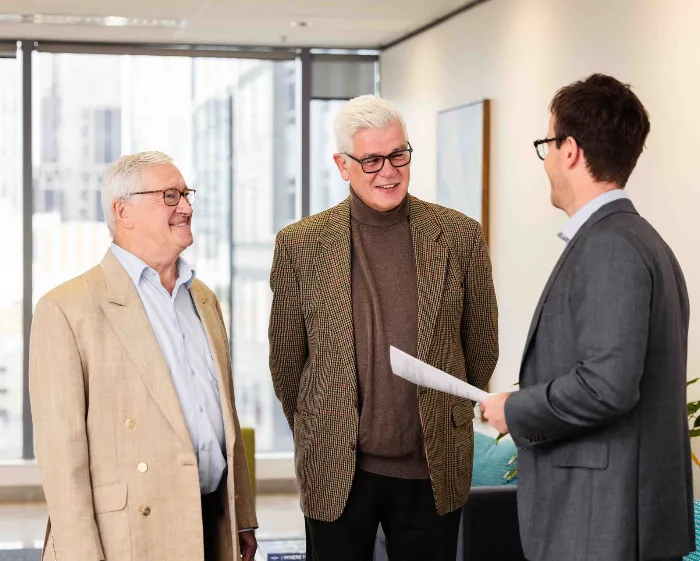
Newly retired
As retirement neared, Larry and Virginia were ready to enjoy travel, family, and freedom, without uncertainty. A friend recommended First Financial, and from the first meeting, they had a clear plan, a safety net, and people they trusted.
“We’ve travelled the world, Europe, Sri Lanka, Vietnam, without once stressing about the money. They made everything feel simple and gave us the confidence to live well. We feel secure because we know exactly where we stand, and that peace of mind means everything.”

Retired business owner
After decades of running a successful pharmacy, John sought financial guidance to simplify decision-making and support long-term planning.
“I feel genuinely supported by First Financial. I can ask anything, and there’s no pressure, just clear advice and real care. The money’s growing, I’m not stressed about it, and I feel completely at ease for the first time. I don’t miss work, but I’d miss the support I get from First Financial.”

Early retirement and working professional
When Tim received an overseas medical settlement, he and Adam had just 14 days left in a 90-day window. They needed clear guidance, fast. A referral led them to First Financial.
“We’re in totally different life stages, but First Financial built a strategy that supports us both. From urgent legal steps to ethical investing, they handled every detail with calm, care, and real expertise. It’s financial freedom without compromise, and we couldn’t have done it without them.”

Retired widow
Lyn stepped into financial management for the first time after her husband's passing. With patience and care, First Financial supported her through grief, learning, and empowerment.
“After my husband passed, I was completely unsure where to start. First Financial gave me the space to learn, to ask questions, to grow confident. They drew a diagram that I still have. And now, I sleep well at night knowing I’ve got someone in my corner.”

Retired
Jan's husband managed the finances until entering aged care. Jan gradually stepped into the financial picture with First Financial’s support.
“The money just comes in. I don’t have to think about it. And I know they’re always there. They’ve always been there in the background, just quietly making things work.”

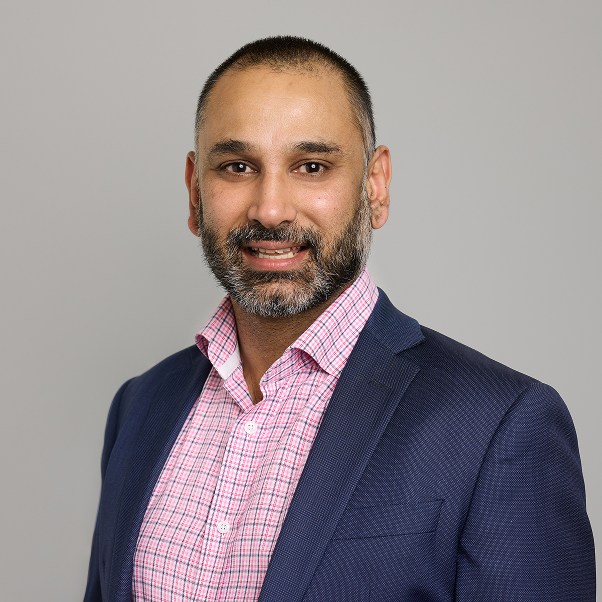

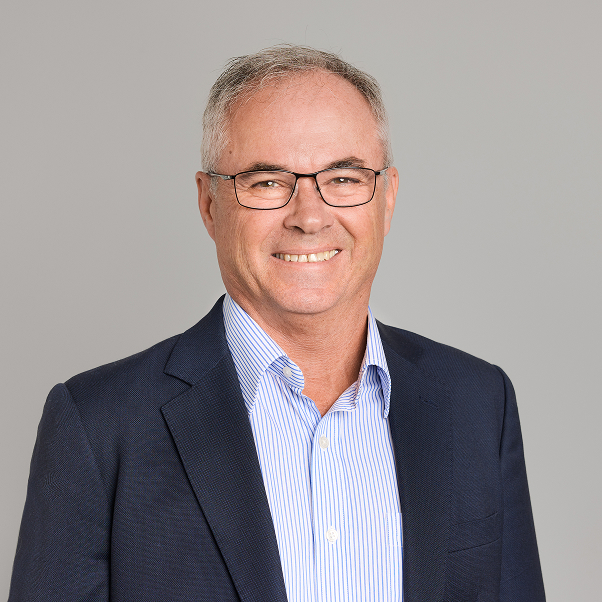
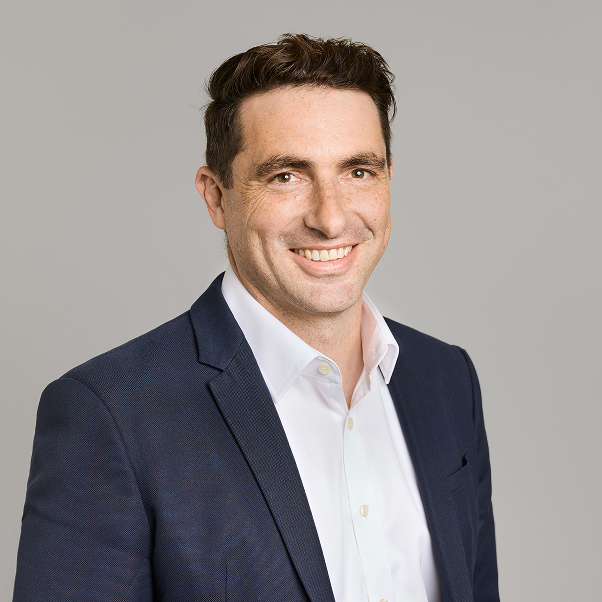
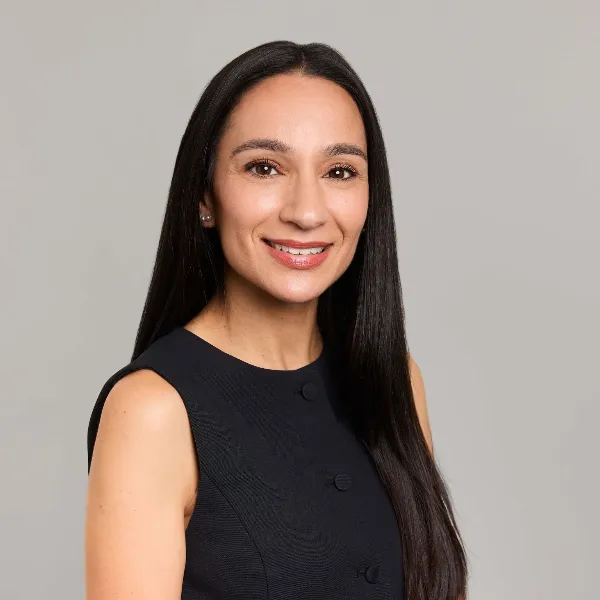

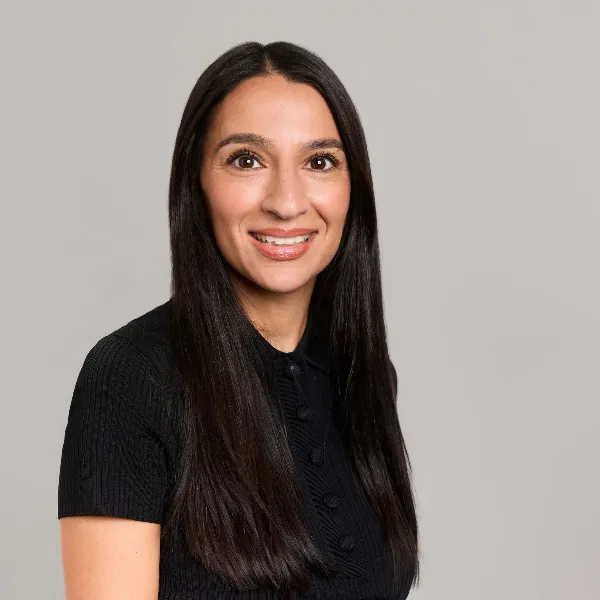
You can use the form below to make a general or initial enquiry.
You can also book a 15-minute call with an adviser by clicking the blue button below.
You can use the form on the right to make a general or initial enquiry.
You can also book a 15-minute call with an adviser by clicking the blue button below.
Fill in your details and briefly let us know how we can help.
We’ll reach out to schedule a time that suits you.
Enjoy an obligation-free initial meeting to discuss your goals and explore how we can guide you toward financial confidence.
Let’s start the conversation.
We look forward to hearing from you!
Level 9, 90 Collins Street,
Melbourne, VIC, 3000
Office Hours
Mon – Fri | 9:00 am – 5:00 pm